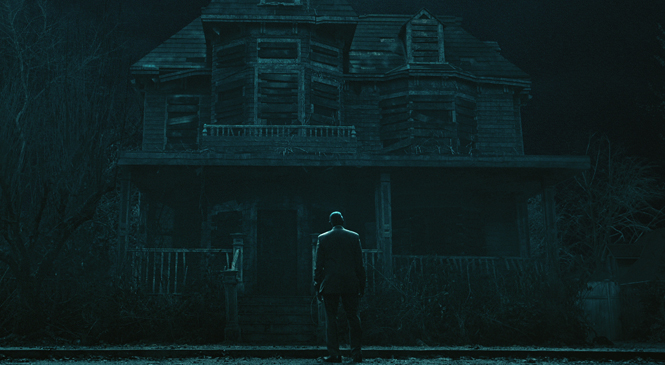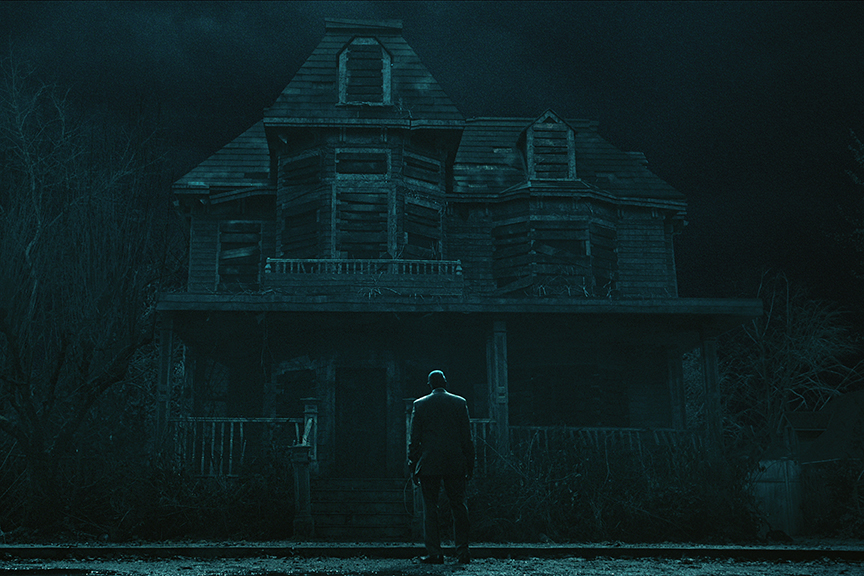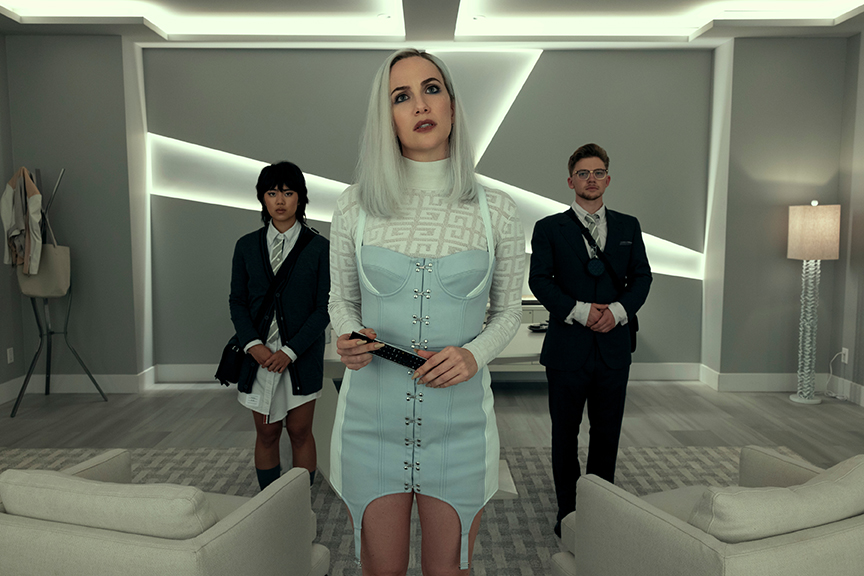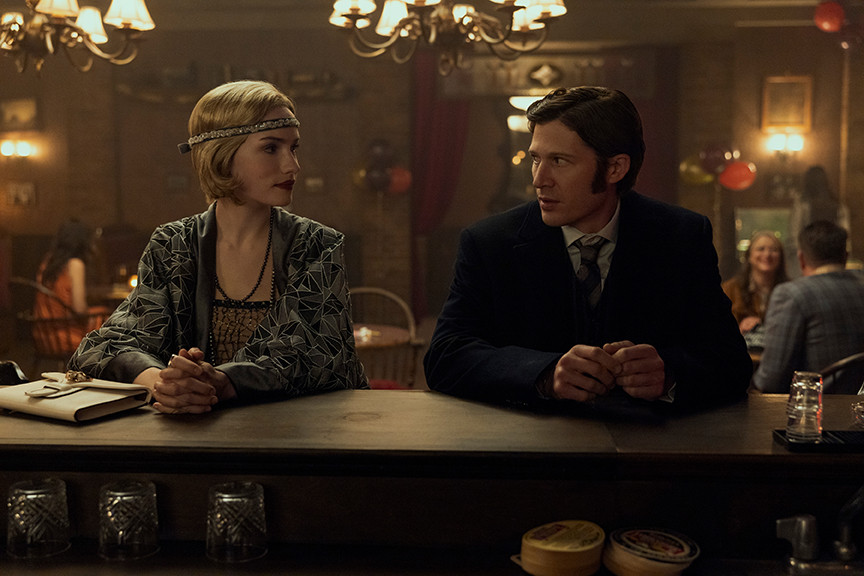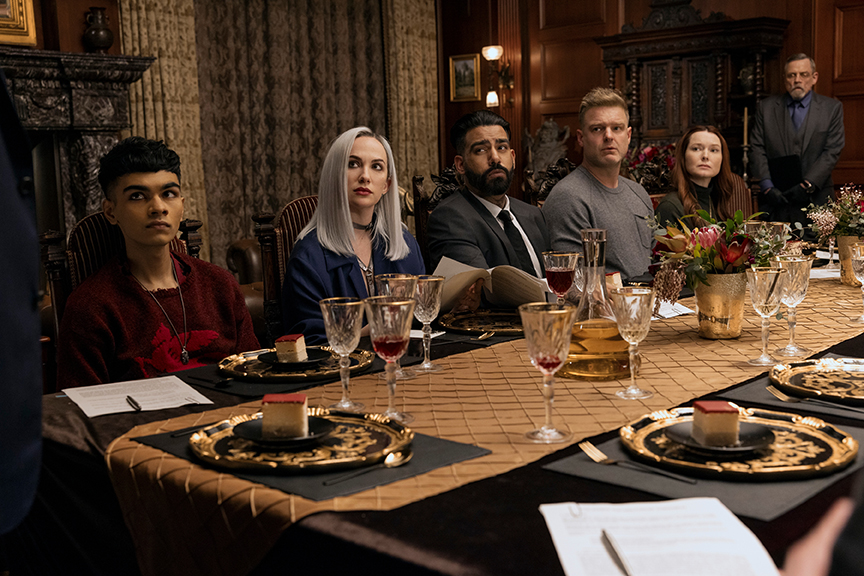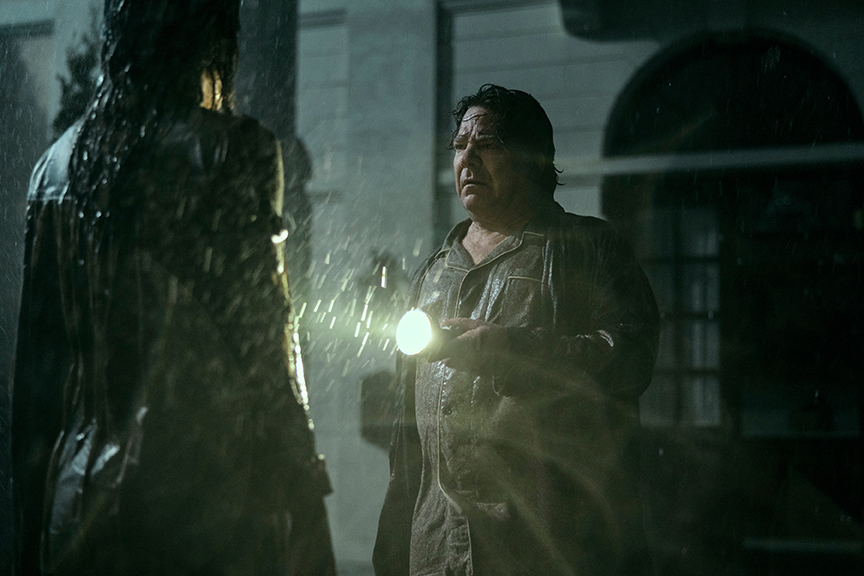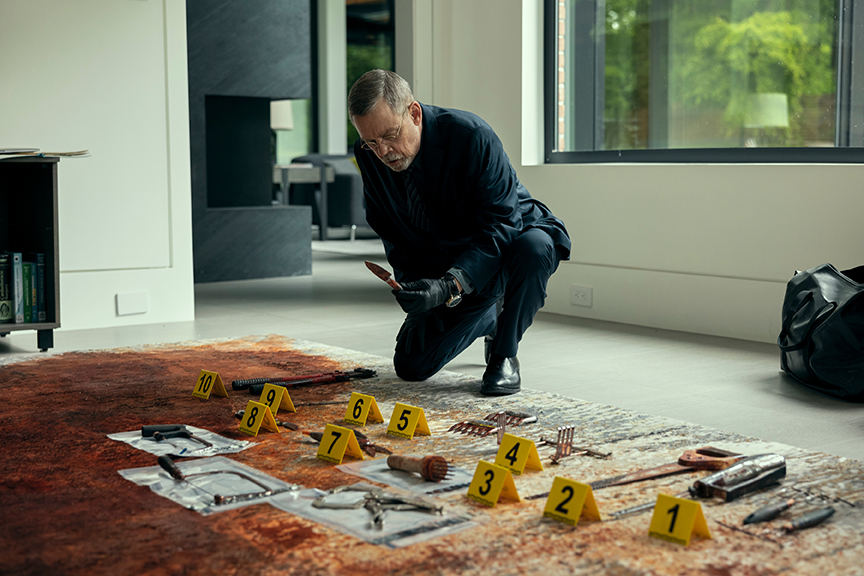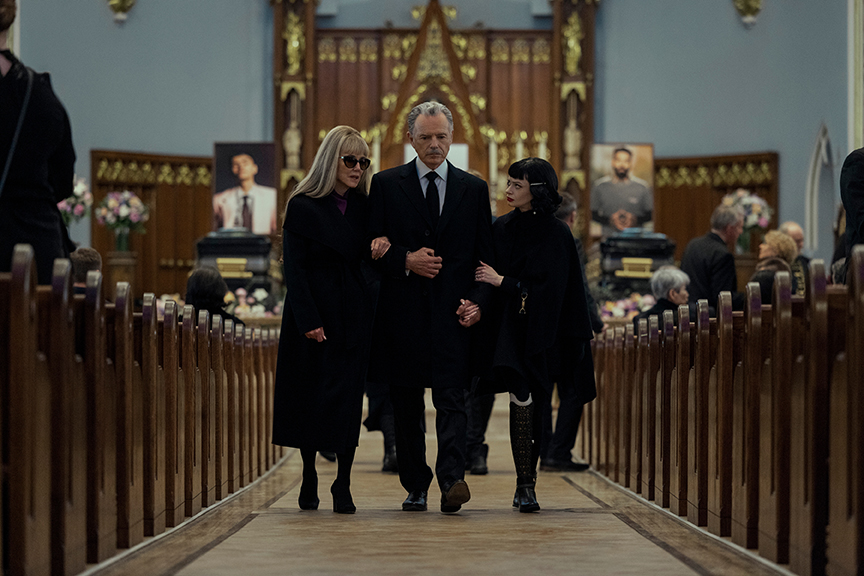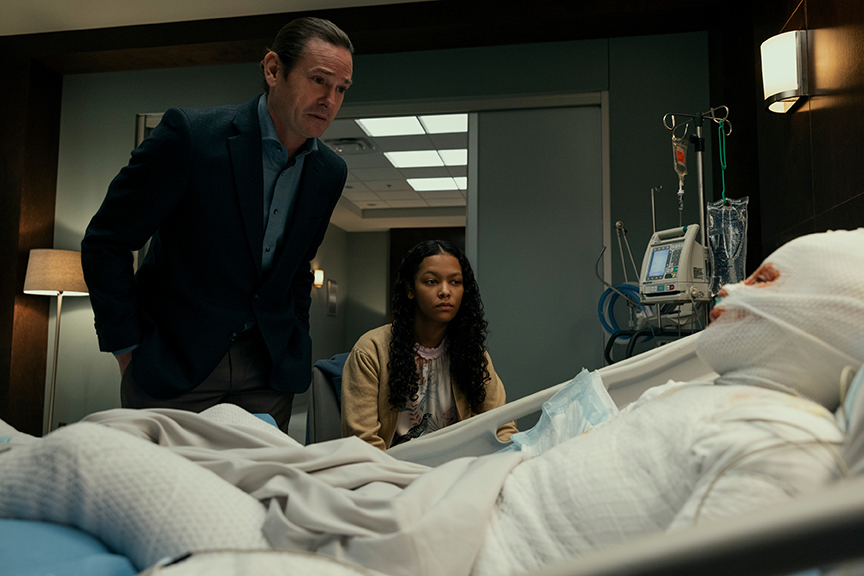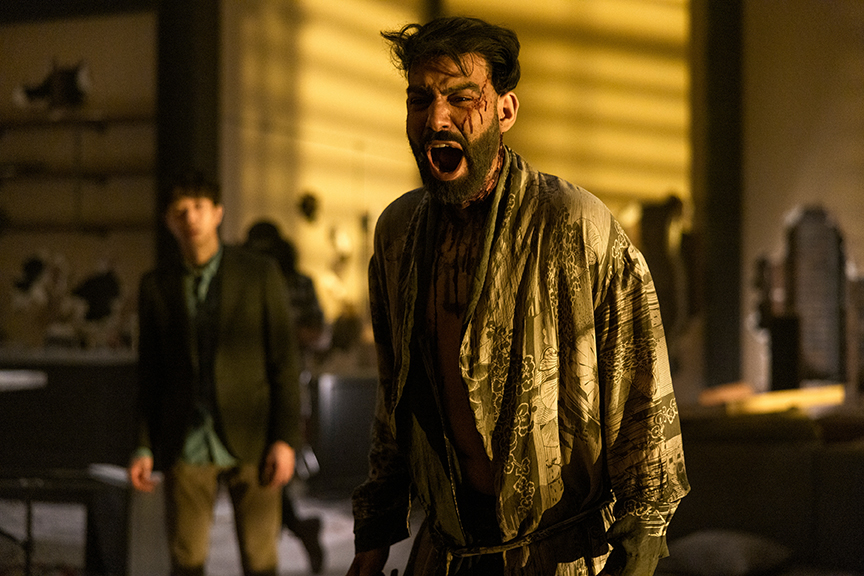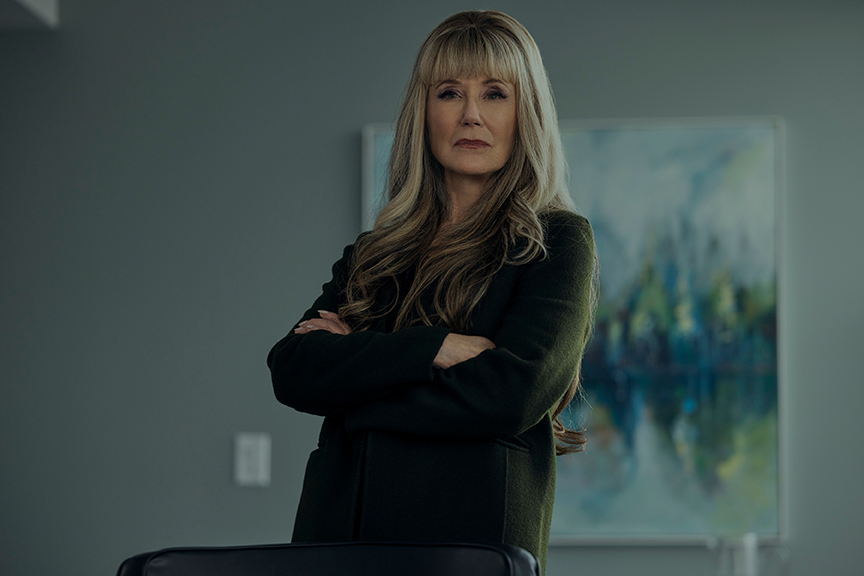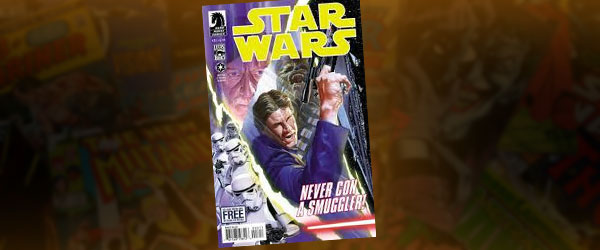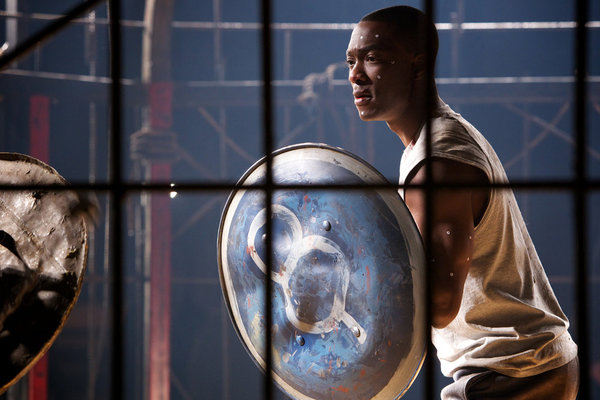THE FALL OF THE HOUSE OF USHER is Delicious Madness

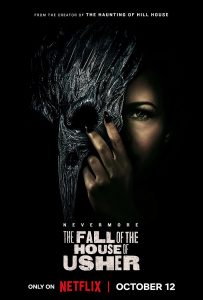 The Fall of the House of Usher is a perfect Halloween funfest. The show was created by Mike Flanagan and stars Bruce Greenwood and Mary McDonnell as Roderick and Madeline Usher, and can be found on Netflix.
The Fall of the House of Usher is a perfect Halloween funfest. The show was created by Mike Flanagan and stars Bruce Greenwood and Mary McDonnell as Roderick and Madeline Usher, and can be found on Netflix.
Let me start by saying I’m an Edgar Allan Poe fan. His short stories are some of the greatest works of horror ever written. His poetry, especially “The Raven”, gives me chills. If you’ve never heard it, do yourself a favor and look for Christopher Lee or Vincent Price reciting it. Many of Poe’s stories are about madness and loss. Having even a mild familiarity with them certainly aids to the shrill enjoyment of this single-season mini-series.
“The Fall of The House of Usher” is also a Poe story, and here it tells the story of the Usher family. In this version, the Ushers are an obscenely wealthy pharmaceutical dynasty whose primary product, a painkiller, is advertised as non-addictive despite all the evidence against it. Sound familiar? So much will.
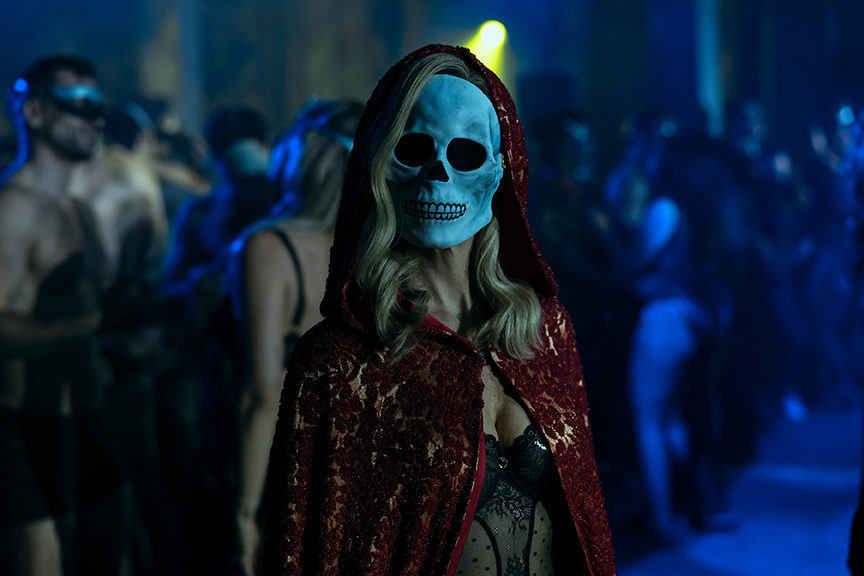
The title and theme of each episode is taken directly from a different Poe tale. Knowing this—in my opinion—only enhances the enjoyment of watching. Yes, you’ll know what’s coming, but the way Mike Flanagan weaves the devices into the slow demise of each of the Usher children is simply delicious.
Yes, you have seen the plot of each episode before. You may think that nothing here is original, but that’s because Poe was the originator of those horrific themes. Many horror themes are derived from his work. Flanagan’s devotion to not truly updating Poe’s stories almost feeds your anticipation as you giddily await how theme is utilized to silence yet another Usher.
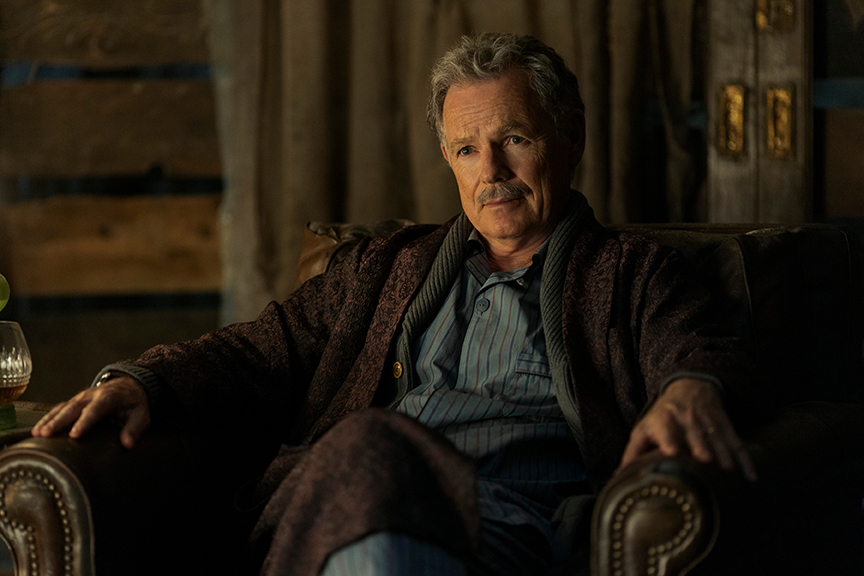
To go too deep into any episode will give too much away, but the story is told as a confessional, and always from Roderick’s point of view. At the start of the first episode, Roderick Usher, who has escaped prosecution for his heinous crimes his entire life, has already lost all of his children to horrible “accidents” and has decided it is time to confess how he is not only to blame for all their deaths, but many, many others. And so begins a woven narrative that tells—over the course of all eight episodes—the rise of the Ushers contrasted against their fall.
Be warned. There is a fair amount of gore. Bodies are burned with acid, bisected in two, devoured by animals. A cat is attacked and injured, and while this is certainly a trigger for many, it has the upper hand in the end. It may not even be a cat.
The mini-series always takes itself seriously, with constant nods to the source material. This never-wavering devotion and its body-of-the week episode count will keep you coming back as the story themes change enough each episode to maintain interest. Wrapping with eight episodes, it only starts to feel a little stretched at the very end, which I will forgive as a necessity to simultaneously wrap up all the story lines. They hold true to Poe’s themes and leave the finality of the story up to the viewer to decide if the Usher rise and fall was supernatural or not, as everyone slowly descends into their own special madness.
![]()

